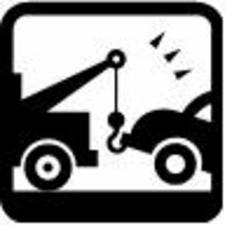Consumers who are searching for credit card debt assistance often have problems with other types of loans as well, including car loans. The unfortunate part of this is that a car can be repossessed by the creditor when as little as one payment has been missed.
Repossession laws vary from state to state, so if you are in this position, read the fine print of your car’s financial contract and do your best to avoid having your vehicle taken from you. Many lenders will be willing to work with you while allowing you to keep the car. However, if it has become apparent that you can no longer afford the car, but you still owe a balance on it, the best option would surrender the car voluntarily. This will reduce your costs, have a better effect on your credit and enable you to buy the car back in the future if that is your intention.
After the creditor has assumed ownership of the car, they will attempt to sell it through their dealership or at a car auction to recoup their losses. Whether you are informed of this process depends on the laws that are on the books in your state. You may be notified of the auction or allowed to buy the car back through a process called reinstatement. In the case of reinstatement, you would have to pay all missed payments and late fees and then make payments according to the original terms of the contract.
If the creditor sells your car, they must do so at a fair market value. If they do not do this, they may not be entitled to sue you for the deficiency balance, which refers to the difference between the amount you still owe on the car and what it was sold for. If you are sued for a deficiency balance and feel you can’t afford it, you have the right to attain the services of a debt settlement company. They will then negotiate with the creditor to accept a lower payment for the deficiency on the auto loan.

